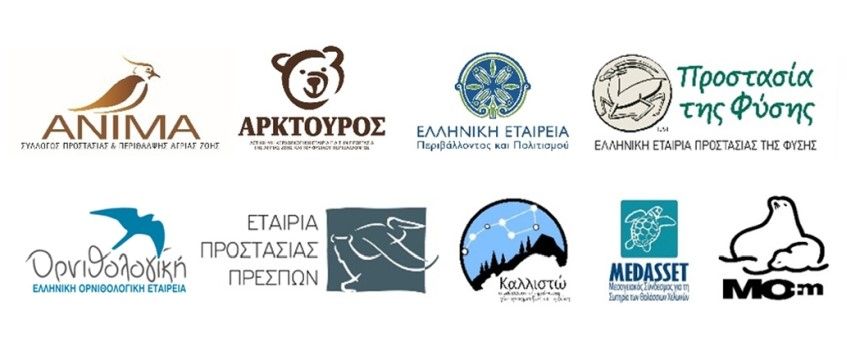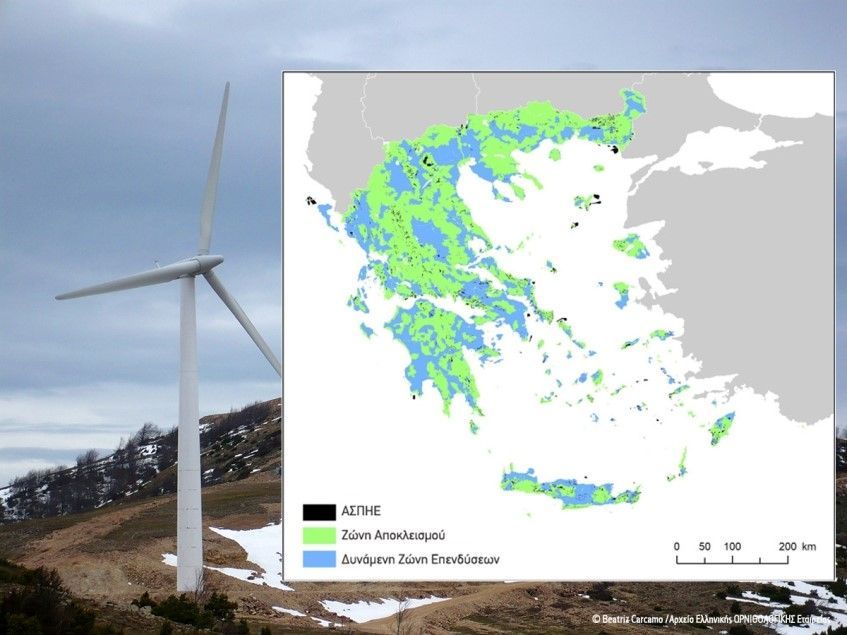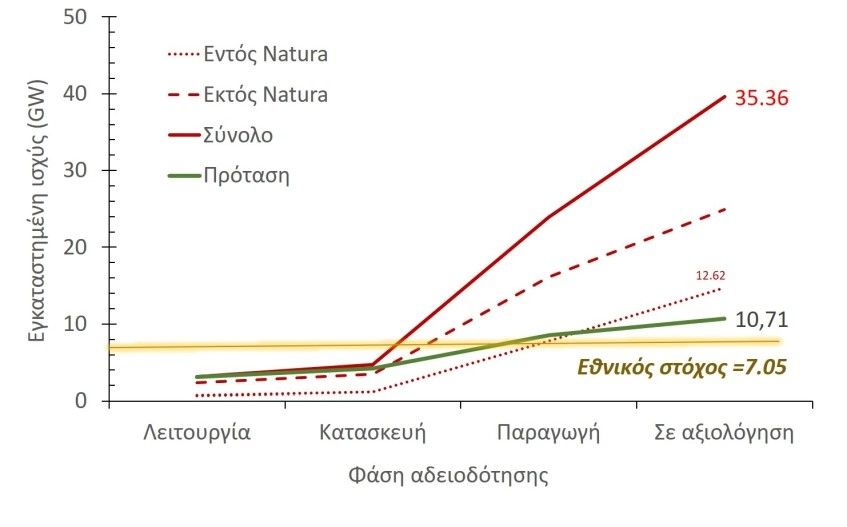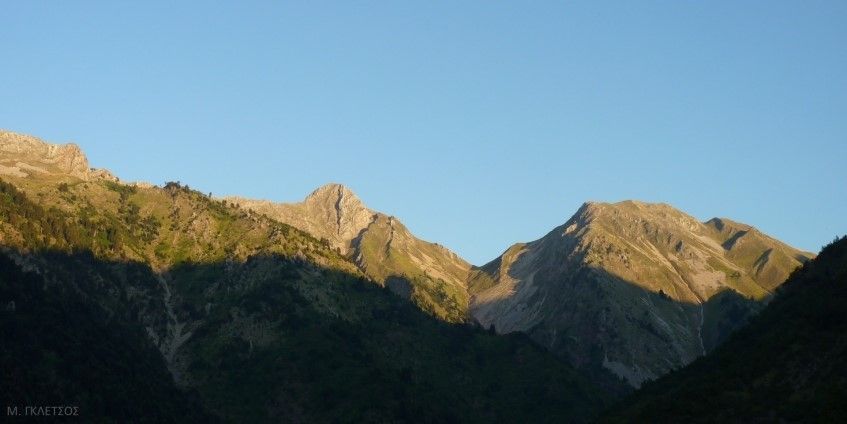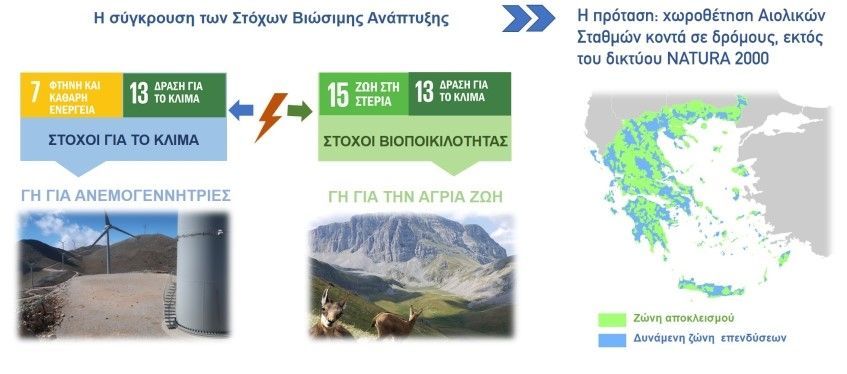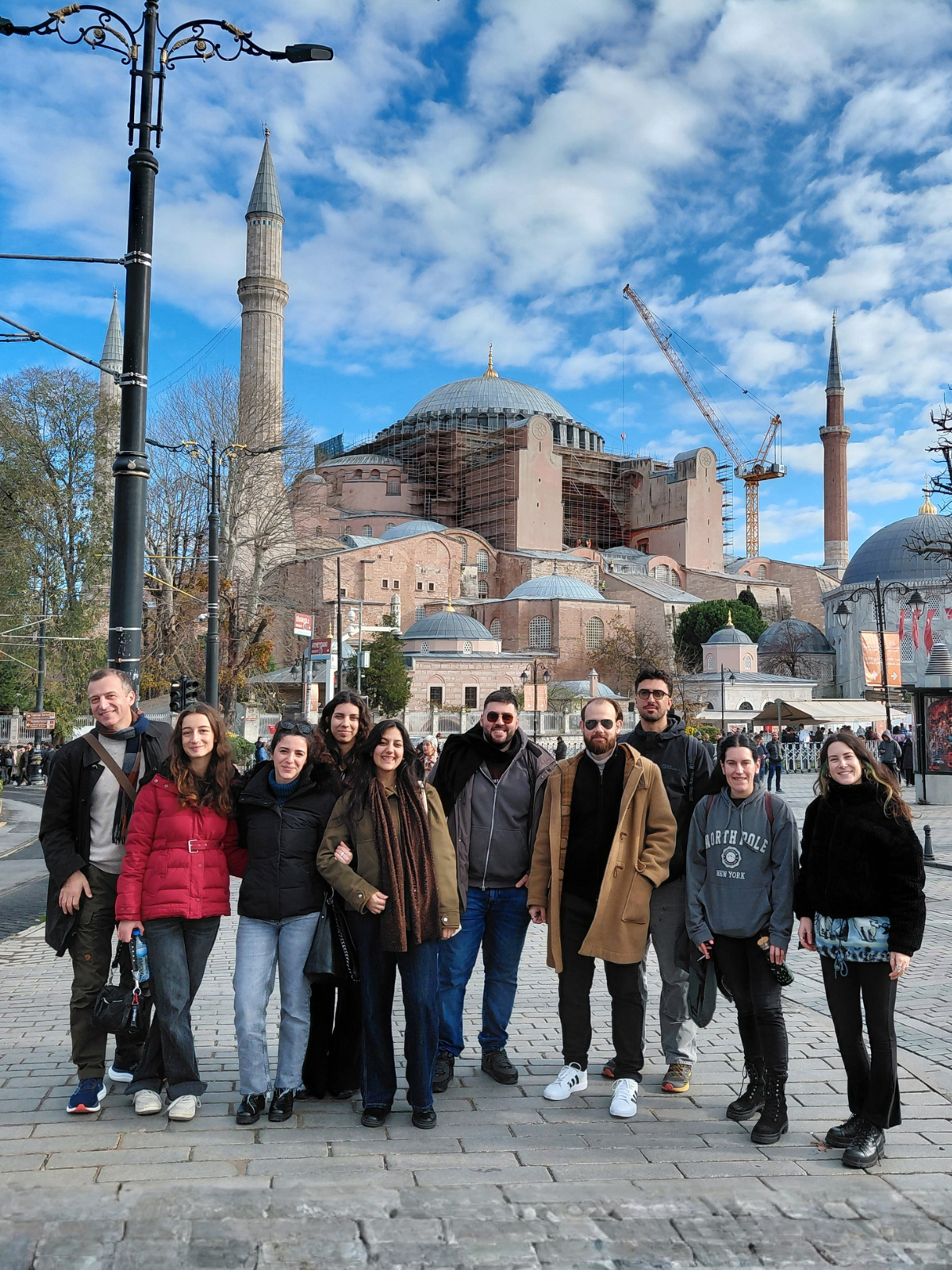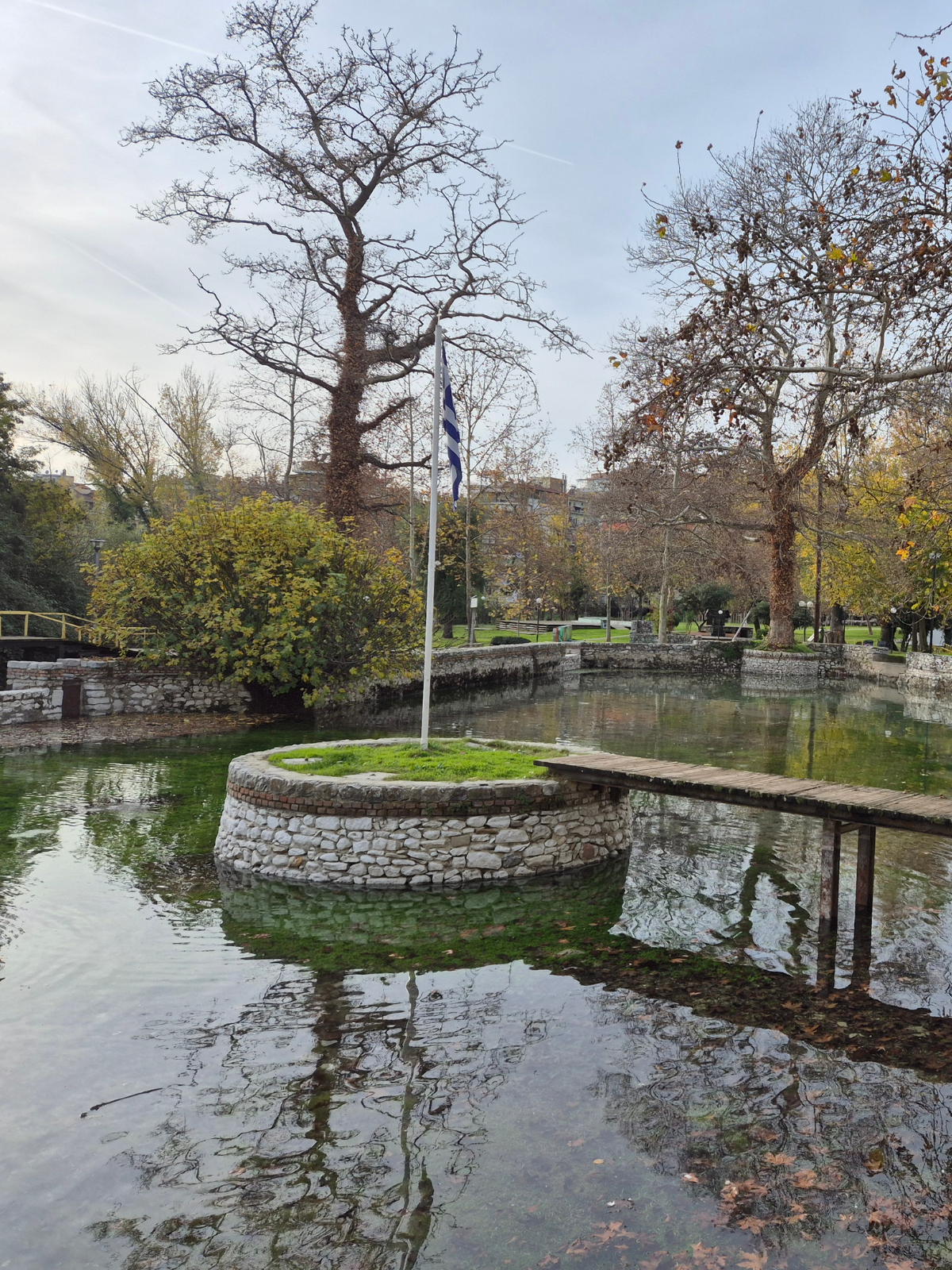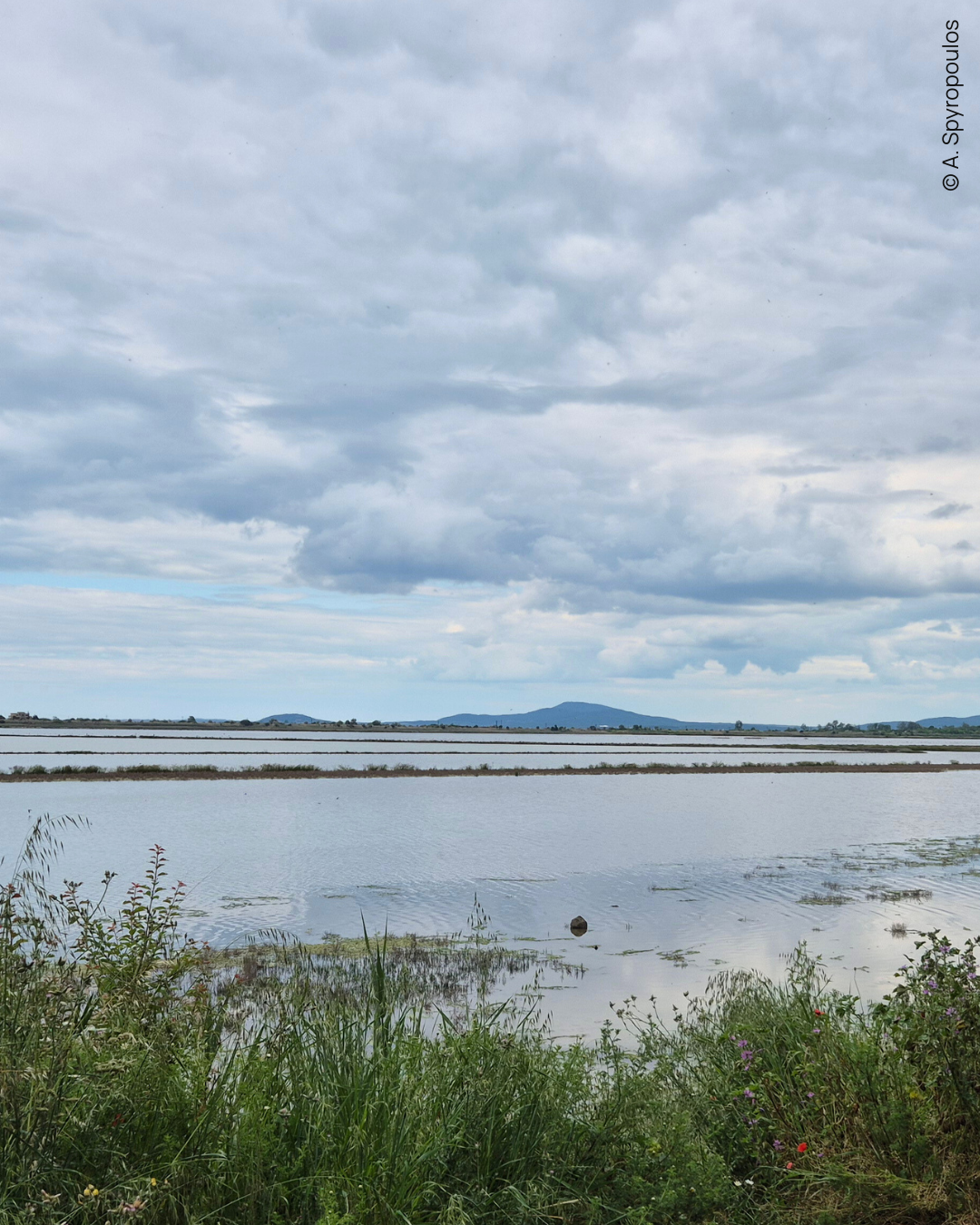Nine Greek environmental NGOs hail the conclusions of a recent scientific research study on locating terrestrial wind farms in Greece without significant impacts on biodiversity. The research was undertaken by the Department of Biological Applications and Technologies of the University of Ioannina and published in an international peer-reviewed scientific journal.
It proposes a viable scenario for the installation of wind farms, by classifying Greece into two zones. The exclusion zone (wind-farm free zone) includes the Natura 2000 areas, as well as other ecologically sensitive areas of minimal human disurbance and landscapes of great naturalness, i.e. those with a low degree of fragmentation from artificial surfaces and roads. The rest of Greece is defined as a potential investment zone.
The need to take into consideration science-based research is high and the timing is critical for the revision of the Spatial Planning for renewable Energy in Greece. Currently, preparation of the Special Environmental Studies for protected areas is under way, and the Presidential Decrees defining land uses and permitted activities within protected areas will be based on the said studies. This research paper can form the basis of the public debate on the location of wind farms in Greece with the aim of mitigating conflicts at both environmental and social level.
Biodiversity today remains vulnerable in the face of the negative effects of mis-positioned and poorly planned wind farms.
The signing NGOs:
Anima
Arcturos
Callisto
Elliniki Etaireia
Hellenic Ornithological Society
Hellenic Society for the Protection of Nature
Medasset
Mom
Society for the Protection of Prespa
The publication “The biodiversity-wind energy-land use nexus in a global biodiversity hotspot” is available at: https://doi.org/10.1016/j.scitotenv.2020.144471
